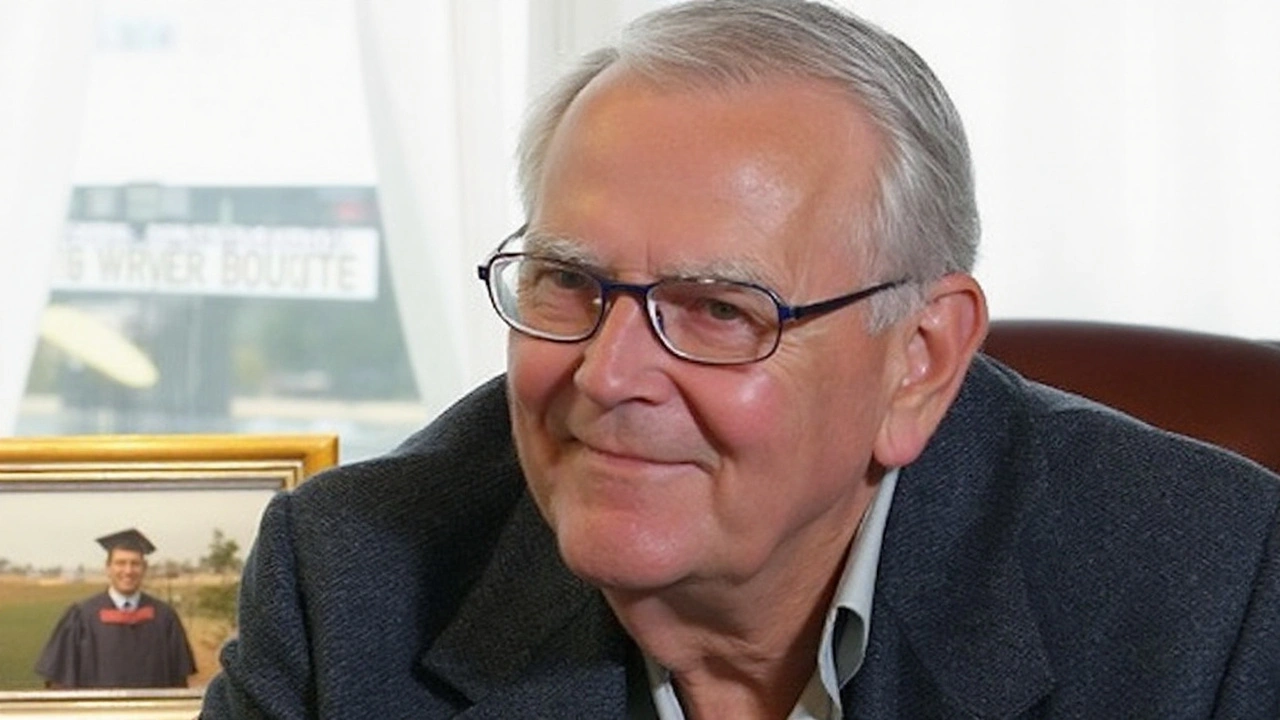Pancreatic cancer: what you need to know
Pancreatic cancer starts in the pancreas, a small organ behind your stomach that helps digestion and controls blood sugar. It often grows without clear symptoms early on, which makes early detection hard. If you or someone you care about is facing this diagnosis, practical facts can help you ask the right questions and find better care.
Symptoms and risk factors
Watch for persistent belly or back pain, unexplained weight loss, yellowing skin or eyes (jaundice), new diabetes, loss of appetite, or pale stools. These signs don't always mean cancer, but they deserve a medical check. Major risk factors include age over 60, smoking, long-term diabetes, chronic pancreatitis, family history of pancreatic cancer, and certain genetic syndromes. Lifestyle changes like quitting smoking, keeping a healthy weight, and managing diabetes lower your risks but do not remove them entirely.
Diagnosis and treatment options
Doctors use imaging tests like CT scans, MRI, and endoscopic ultrasound to look for tumors. Blood tests for markers such as CA 19-9 help track disease but are not definitive alone. A biopsy may be taken to confirm the diagnosis and guide treatment. Treatment depends on stage and health. If the tumor is small and removable, surgery like the Whipple procedure offers the best chance for cure. When surgery isn't possible, chemotherapy, targeted drugs, and radiation aim to control growth and ease symptoms. Newer options include clinical trials and immunotherapy in selected cases.
Getting care quickly matters. Ask your doctor: what is the stage, what are my treatment choices, what side effects can I expect, and will I benefit from a clinical trial? Bring a family member to appointments and write down questions beforehand. Seek second opinions at major cancer centers - treatment plans and outcomes can differ significantly between hospitals.
Support is crucial. Find a specialist team that includes oncologists, surgeons, dietitians, and palliative care. Palliative care should be part of treatment from early on to manage pain and keep quality of life. Connect with local support groups or national organizations to get practical help, financial advice, and emotional support.
Keep records of scans, pathology reports, and treatment notes. Small details matter when switching doctors or joining a trial. If you want more local news and resources on pancreatic cancer care in our area, check our dedicated tag page for the latest articles, patient stories, and clinic listings.
Caregivers should prioritise clear communication and rest. Keep a shared notebook with medications, appointments, and symptoms to report. Nutrition matters: small frequent meals, pancreatic enzyme replacements if prescribed, and a dietitian's guidance help maintain strength. Manage side effects like nausea and fatigue by talking to the care team early; there are effective medicines and adjustments. Financial and legal planning early reduces stress - ask social workers about insurance, travel grants, and disability benefits. For up-to-date trials, search clinical trial registries and ask your oncologist about eligibility. Community groups often share practical tips, rides to appointments, and emotional support that make day-to-day life easier. You are not alone.

Judge Frank Caprio, the Providence municipal court judge whose compassionate rulings drew millions of viewers worldwide, has died at 88. He passed away on August 20, 2025, following complications from pancreatic cancer. Caprio had shared his diagnosis in 2023 and marked the end of radiation in May 2024. A day before his death, he asked supporters for prayers in a final social media post.
Read More